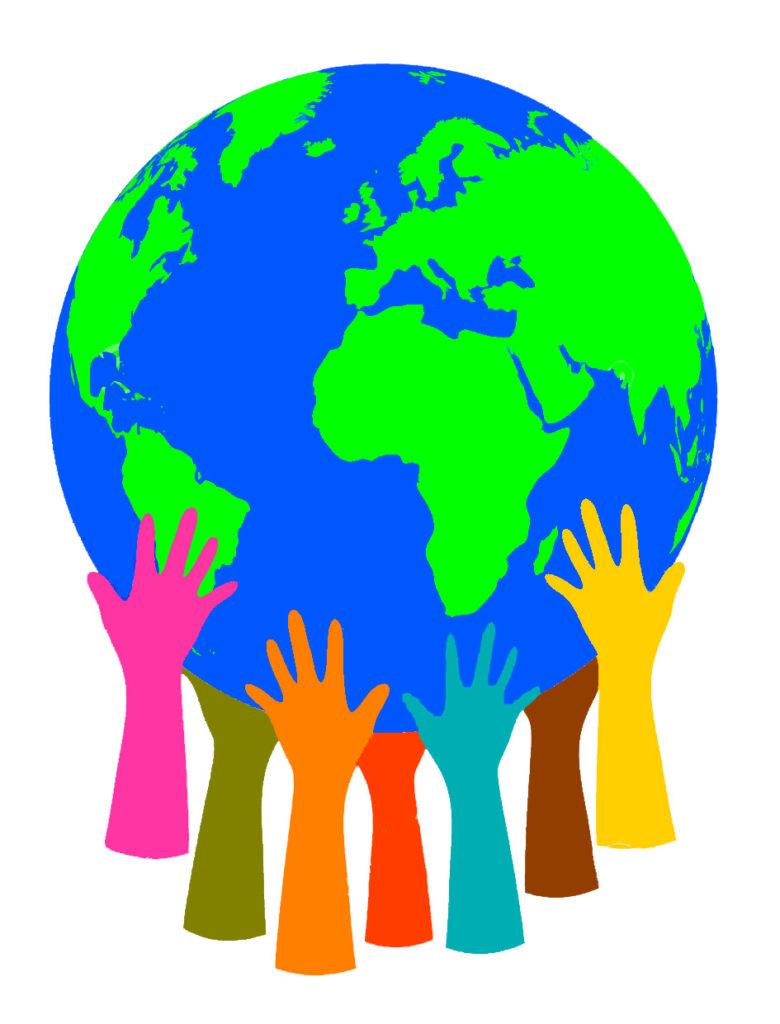By Caleb Forbes
forbesca@grinnell.edu

A service for World Community Day will take place on Friday, Nov. 3 at St. John’s Lutheran Church, which is located at 1224 East St. The theme of the service is “Making a Difference in a Bewildering World,” and will address concerns about feeling powerless in a world without peace.
The event is affiliated with the national World Community Day.
“World Community Day is an annual event in Grinnell and throughout the United States that brings together people of faith to celebrate the bonds of community locally, nationally and worldwide,” wrote Church Women United member Mary Schuchmann in an email to The S&B. The event will feature Associate Chaplain Rabbi Rob Cabelli as the speaker.
The event organizer is Church Women United, “a national ecumenical Christian organization that works for peace and justice in our world,” Schuchmann wrote. “In Grinnell, it is a way for women of all faiths to work together for good on projects that benefit the community.”
According to Schuchmann, the worship service may be of particular interest to people living in a community like Grinnell, since, “Life in a small town like Grinnell can often seem isolating, as if we are only spectators looking on helplessly at a world we no longer understand.”
Cabelli attempted to explain the problem by mentioning how social media has interconnected people and enlarged their perspective on the world, “We’re aware of the vastness, in ways I think people weren’t in many ways in the past. … All of the sudden things are both smaller, and because of that, so much larger.”
“The world seems to operate on a level that is far, far removed from the individual human being, and their ability to actually influence anything,” Cabelli said, “so I think this creates a lot of existential anxiety.”
Cabelli further explained that a lot of the confusion in our world is present because, “People are very vulnerable and open to narratives that attempt to describe everything and create some sense of comfort.”
He explained how people then transfer these narratives into competing language which gives rise to conflict. “What this means is that we’re actually communicating in ways that ensure we can’t communicate effectively with each other,” Cabelli said.
“So everybody is saying, ‘How do I get them to change their mind?’” When we think this, Cabelli said, “What we are also doing is sending a message that we are sure that the other person isn’t right.”
Cabelli thinks we can improve the situation if we make the effort to “not be so intent on our rightness.”
“Are we going to pay attention to the unfairness in the world, or are we going to try to impose our narrative on the unfairness in the world, to make it seem as though it’s just a reflection of the wrong economic or political system?”
“We can only come to greater depth of understandings of different perspectives,” Cabelli said. “Out of which we might appreciate … what we do share in common, and where our differences come from.”
Cabelli sees communication among individuals to be a wealth of possibility. “In that sense there is a tremendous amount we can do on individual levels … through that ethos of communication, that ethos of what it means to be present with other people,” he said.
Schuchmann intends for the event to inspire those who attend to make change. “We hope those of us who attend will learn how we can find ways, big and small, to make this a better world,” she wrote, “and will leave hopeful that each of us can do something meaningful in our own way or as a community.”






























































